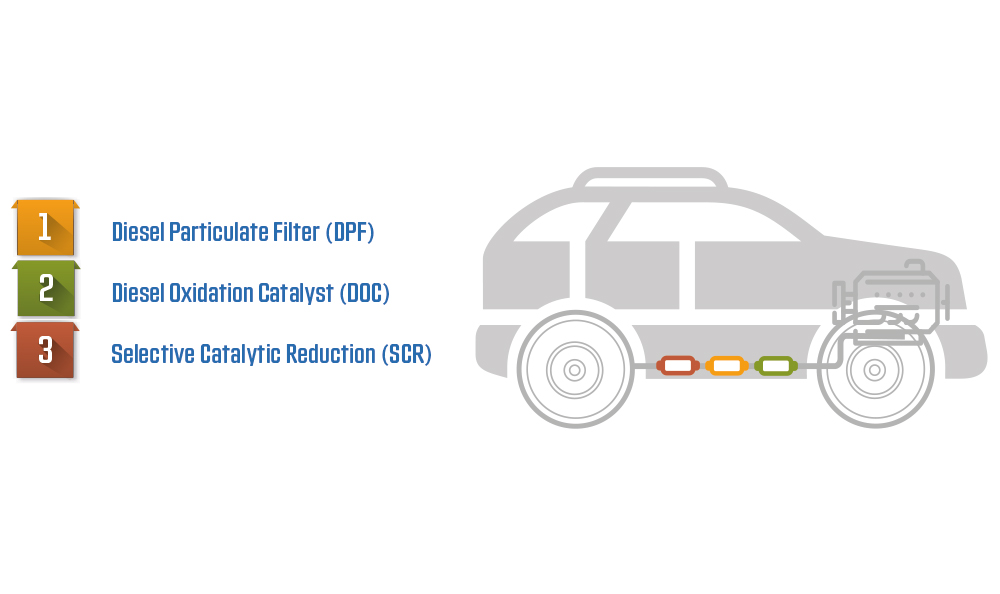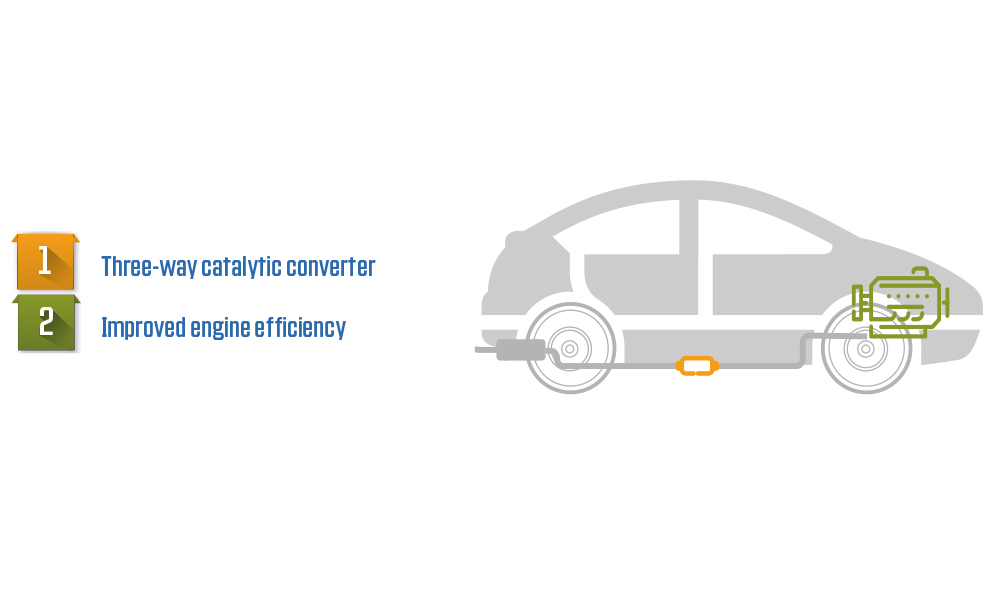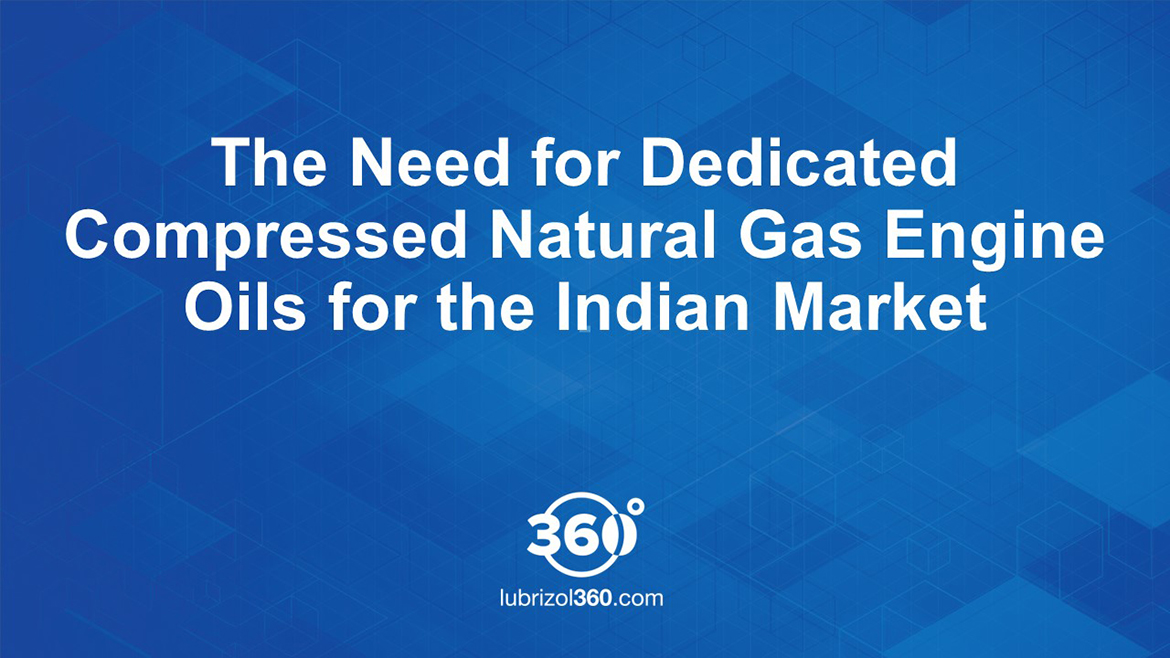BS VI Passenger Vehicles
Passenger vehicles vary based on the type of fuel the vehicle is run on.
Diesel Passenger Vehicles
To achieve BS VI emission norms on these vehicles, vehicle manufacturers have adopted an approach similar to that of commercial vehicles—i.e. having Diesel Particulate Filter (DPF), Selective Catalytic Reduction (SCR) and Diesel Oxidation Catalyst (DOC) as exhaust after-treatment devices.
Lubricant Solution: Since BS VI-complaint diesel-powered passenger vehicles have DPF fitted to the exhaust, they require lower Sulfated Ash, Phosphorus and Sulfur (SAPS) engine oils. Since the operating conditions of passenger vehicles are different to that of heavy-duty commercial vehicles, the industry has adopted European Automobile Manufacturers’ Association (ACEA) specifications for diesel-powered passenger vehicles. Hence, for BS VI-complaint diesel-powered passenger vehicles, engine oils meeting ACEA C type (ACEA C2, C5 and C3) specification are an appropriate base line where C stands for “Catalyst compatible.”
Petrol- / Gasoline-Powered Passenger Vehicles
Petrol- / gasoline-powered vehicles burn relatively cleaner than diesel so to achieve BS VI emission norms on these vehicles, the vehicle manufacturers have made changes in some petrol engines such as introducing turbo charging and changing the fuel injection type. With regards to exhaust after-treatment, there aren’t any signification changes required and the current three-way catalyst is enough to meet the tighter emission norms

CNG Passenger Vehicles
Compressed natural gas (CNG) is inherently a clean fuel so there is no specific hardware change for passenger vehicles running on CNG fuel.
Lubricant Solution: In the case of petrol- / gasoline-powered passenger vehicles having conventional fuel injection, engine oils having API SN specification are sufficient for catalyst protection.
For vehicles with Turbo-charged gasoline direct injection (TGDI) or Gasoline direct injection (GDI) engines, the recommended specification is API SN PLUS or API SP.
For passenger vehicles that run on CNG fuel, oils recommended for BS VI petrol- / gasoline-powered vehicles are compatible. The only major difference is that CNG oils are typically higher viscosity oils.

The Need for Dedicated Compressed Natural Gas Engine Oils for the Indian Market
March 01, 2023
The use of Compressed Natural Gas (CNG) engines, is an alternative to petrol or diesel engines in India. India's CNG transportation market is growing, offering benefits for the fleet owner.

Impact of Euro 5 and BS VI on Motorcycle Oil
August 24, 2021
In 2020, Europe and India implemented the world's most stringent emission norms for motorcycles, leading to a series of changes in motorcycle hardware.

One Year of BS VI: Look Back and Look Forward
May 05, 2021
Since the implementation of BS VI, collaboration channels between lubricant businesses, auto makers and other ecosystem partners have shifted.

Growing Value of Dedicated MTFs In India
April 19, 2021
The continued demand for manual transmission vehicles across India brings opportunities for all stakeholders.

Changing Dynamics in the Indian Passenger Vehicle Market
November 11, 2020
Rapid changes are happening in the Indian passenger vehicle market.

BS VI and a New Era for the Indian Automotive Industry
September 14, 2020
In order to meet BS VI emissions standards and upcoming fuel economy mandates, vehicles operating in India will change fundamentally. Learn some changes to watch for, and what will be required to keep vehicles operating at their performance peak.